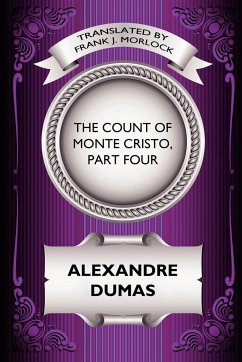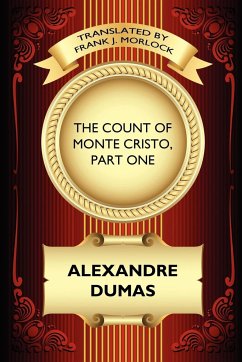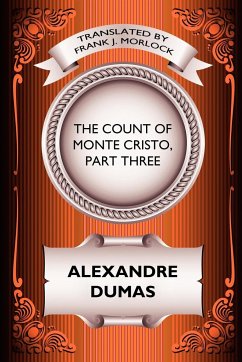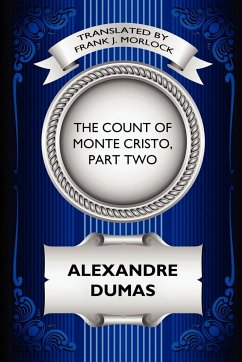The Count of Monte Cristo is one of the great adventure novels of the nineteenth century. But the author, Alexandre Dumas, also converted many of his fictions into riveting dramas, dividing his classic tale of revenge into four plays. In this fourth and final part, Edmond Dantes (the Count of Monte Cristo) sets out to destroy Danglars and Villefort, the other two men who had helped shanghai him to the island prison of Chateau d'If. He uses Danglars's illegitimate child, Benedetto, to secure his downfall, but loses control of his plan when Madame de Villefort begins poisoning her in-laws to allow her own son to inherit her husband's wealth. Monte Cristo must use all of his power to save Villefort's daughter, Valentine, the beloved of Maximilian Morel, the son of Monte Cristo's old benefactor. Can he find a way to outwit his enemies?








